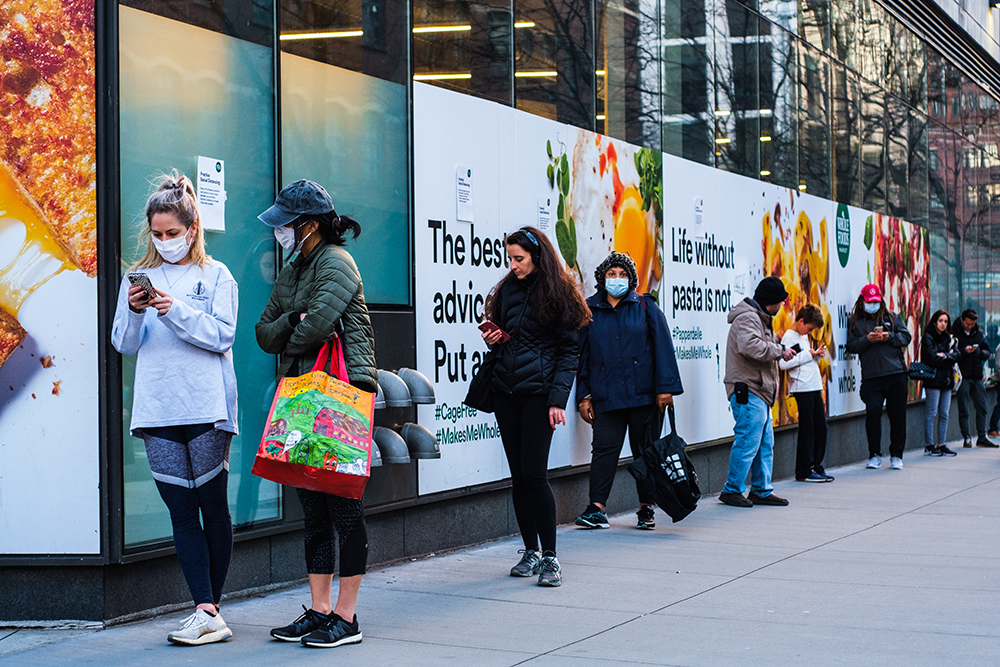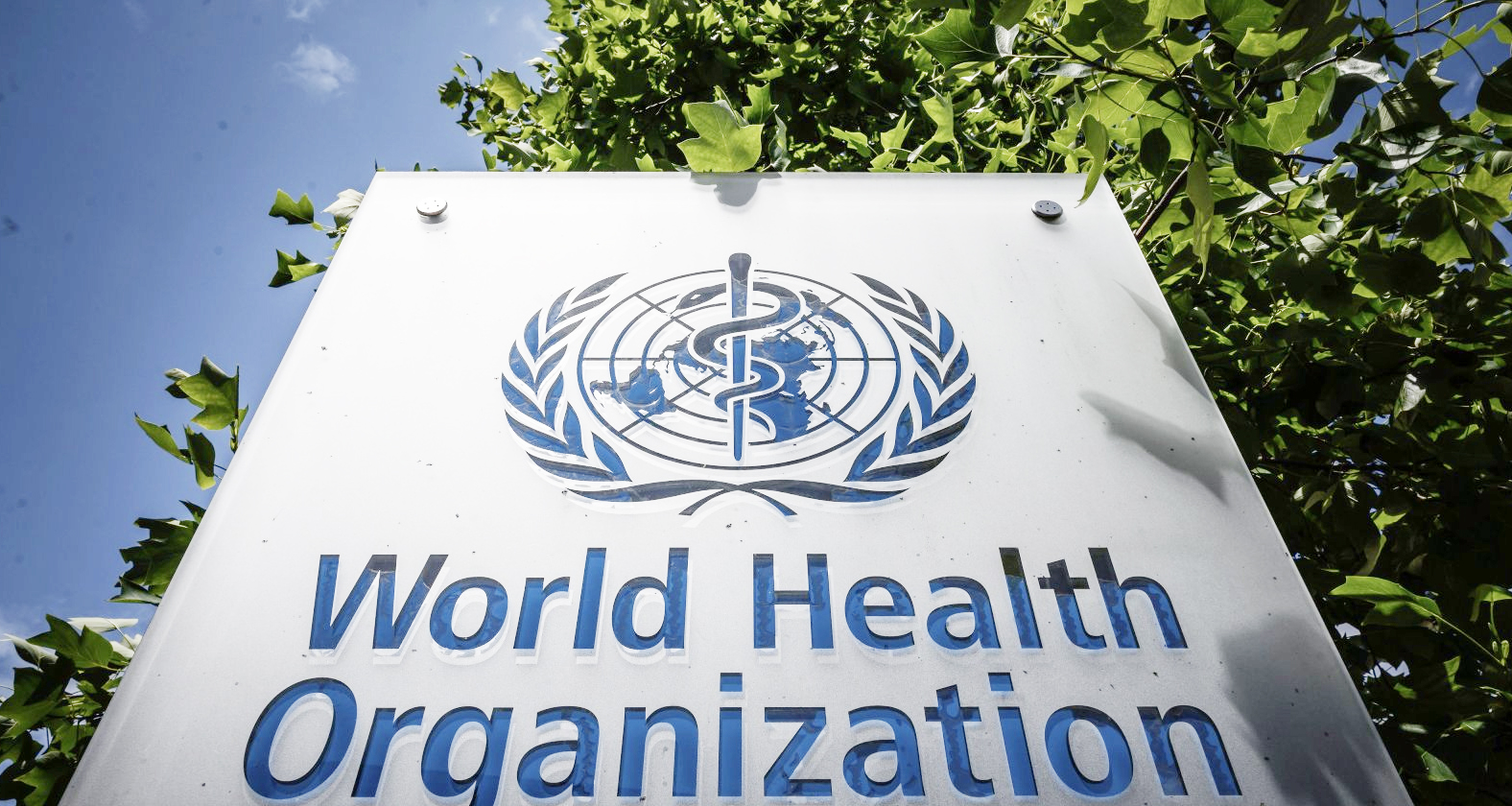New variant of COVID-19, Eris, “sweeps through”; “most diverse” and “most extreme” new strains of the coronavirus emerge
As the global COVID-19 pandemic gradually becomes a thing of the past, people have finally returned to their long-lost normal lives, making this summer perhaps the calmest one in four years.
However, the coronavirus has not disappeared from the Earth, and its mutations have not ceased.
Just a few days ago, the UK officially announced the identification of a new variant of the coronavirus, named Eris.
This virus is referred to by scientists as EG.5.1, and is a descendant of the Omicron variant.
This new variant emerged in May and has spread in Europe, Asia, and North America. Not long ago, Japan reported a “ninth wave” of new COVID-19 infections domestically.
The UK Health Security Agency (UKHSA) has stated that starting from July 10th, one out of every nine confirmed cases in the UK is Eris, and its rate of transmission is accelerating.
The latest data indicates that this variant currently accounts for 14.6% of the total cases, making it one-seventh of new cases and the second-largest epidemic virus in the UK.
Currently, the largest COVID-19 variant in the UK is the Arcturus XBB.1.16 variant, accounting for 39.4% of all cases.
COVID-19 infection rates have risen across all age groups in the UK, and Eris has caught the attention of British health authorities.
Two weeks ago, the World Health Organization (WHO) also started tracking this EG.5.1 variant.
Experts believe that there are several reasons contributing to the increased transmission rate of COVID-19 variants in the UK. One is related to weather conditions, as the recent adverse weather in the UK has led more people to stay indoors. The increase in gatherings of multiple individuals in confined spaces has facilitated the virus’s spread.
Another surprising factor is the impact of two newly released movies, “Barbie” and “Oppenheimer“. Due to the high popularity of these two films, a new phenomenon known as the “Barbenheimer effect” has emerged.
British people flocking to cinemas has led to increased population gatherings.
As early as when the two movies were released in the United States, Dr. Peter Hotez, the head of the National School of Tropical Medicine, stated that there might be a small peak in COVID-19 infections after the end of the showings of “Barbie” and “Oppenheimer“.
Dr. Lawrence Young, a virus expert from the University of Warwick in the UK, also expressed agreement with this view.
The UK Health Security Agency (UKHSA) estimates that within the week leading up to July 31st, COVID-19 infection rates increased by 5.4%. “Increased cinema attendance” and the resulting “more indoor mixed infections” due to adverse weather might be contributing factors.
Another reason is the declining immunity to COVID-19 as vaccine protection wanes.
The latest Eris variant doesn’t appear to pose a significant threat for now, according to UKHSA, as the overall level of COVID-19 hospitalizations remains “extremely low,” and government agencies haven’t observed any increase in admissions to intensive care units.
However, simultaneously, scientists have discovered a “most diverse” variant of the novel coronavirus in a patient in Indonesia.
This strain is a subvariant of the Delta variant and was found in a COVID-19 patient in Jakarta.
Comparatively, the lethally Omicron variant has only about 50 distinct mutations, whereas this strain carries 113 distinct mutations.
Among them, 37 mutations affect the virus’s spike protein, which exists on the surface of the SARS-CoV-2 virus, aiding the virus in attaching to and entering human cells, resulting in COVID-19 infection.
The spike protein is also the target for many COVID-19 vaccines, which work by training the human immune system to recognize and attack them.
Experts believe the new variant discovered in Indonesia could be one of the “most extreme” variants we have encountered, but it’s not yet cause for alarm. Concern would arise only if it starts spreading rapidly.
The carrier of this new virus has been suffering from COVID-19 for several months and has not yet recovered.
Dr. Lawrence Young believes it’s still uncertain whether this virus inside the carrier has the ability to infect others.
In fact, the virus is also quite competitive; for this virus to survive, it must outcompete the other variants that are currently circulating.
Experts believe that this possibility is not very likely at the moment.
WHO Director-General Tedros Adhanom Ghebreyesus stated that while people are better protected through vaccination and previous infection, countries should not let their guard down.
He said, “WHO continues to advise high-risk individuals to wear masks in crowded places, seek enhanced care as advised, and ensure indoor spaces are well-ventilated.”
“We urge governments to sustain, not dismantle, the systems they’ve put in place for COVID-19.”










